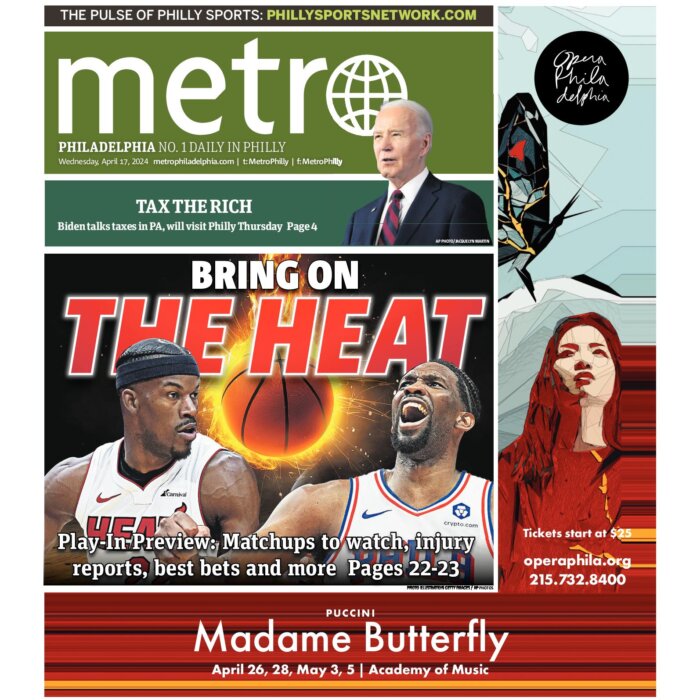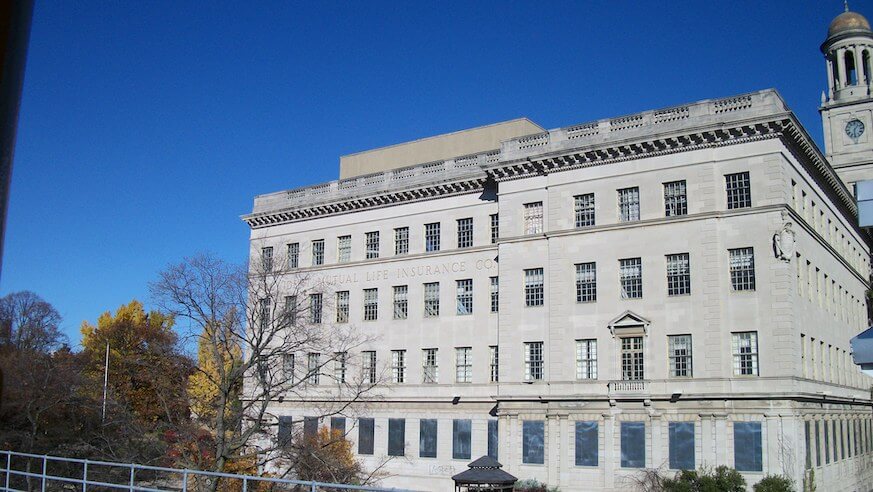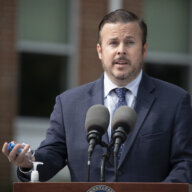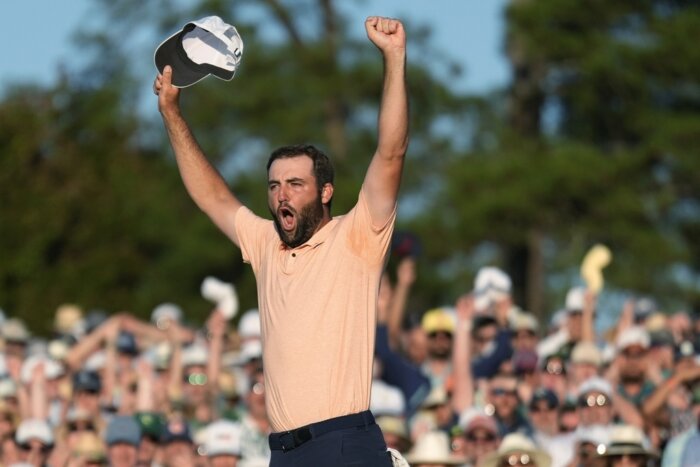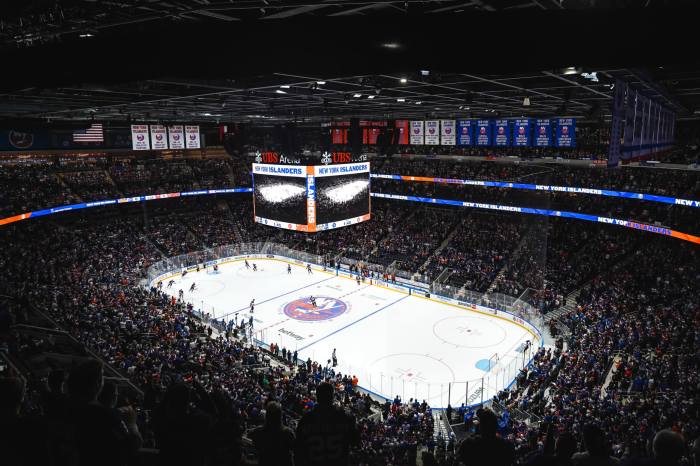A 90-year-old relic of Philadelphia’s past, the Provident Mutual Insurance Building at 46th and Market streets has been described as a “Neo-classical palace.” However, after the more than $50 million in taxpayer funds to restore the building, it remains in the same state it has been for the past 35 years: vacant.
A plan to sell the aged property at 4601 Market Street for $10 million was stalled on Thursday by City Councilwoman Jannie Blackwell – earning her criticism from Mayor Jim Kenney, who said he was “extremely disappointed” with her choice and accused her leaving “a hulking eyesore of a building, vacant and unused, in the heart of her district.”
“Well, I’m disappointed in him,” Blackwell shot back, stating that her constituents in West Philadelphia were skeptical about all the promised benefits of 4601 Market St.
Iron Stone Development and its partners had proposed a $70 million behavioral health and community services campus project at this site on a hill, with potential tenants ranging from Children’s Hospital of Philadelphia to UPenn Health Services to the YMCA.
“It is unfortunate for her own constituents, because it would have brought health care for adults, children and families to West Philadelphia,” Kenney said in a statement after City Council’s last session of 2018 on Dec. 13, when Blackwell delayed a bill that would have transferred the property to Philadelphia Industrial Development Corporation (PIDC), allowing it to be sold. Kenney listed benefits like a workforce development program, summer youth programming, an early childhood education center, a family fitness center, a community garden and community meeting space, and hundreds of jobs. “Now, all of that evaporates, and leaves the community only with what it has had for many years – a vacant building,” he said.
But Blackwell responded she was happy to work with the mayor and be a “team player,” and had expedited legislation to move the Iron Stone proposal forward. What changed her mind was a community meeting at which some 250 of her constituents expressed skepticism of the purported benefits and unanimous opposition to the project, she said.
According to Kenney’s office, the development would have brought 300 jobs in its first phase, then another 650 in construction, 60 percent of which would have gone to the local residents, half to minorities, and one-quarter to “minority-, women- or disadvantaged-owned firms.” Ultimately, they say it would lead to 2,500 permanent jobs in the community.
But at the community meeting, details were too sparse, Blackwell told Metro, specifically regarding the details of those promised jobs.
“I told them [Iron Stone] we would have a community meeting, they would need to explain things to the community, because that’s the bottom line. They came unprepared,” Blackwell said. “You can’t say how money was spent, how much, what the jobs are, how many there are, how much they will pay, what the project really is – all the normal, natural information that people expect.”
Michael Pearson, an investor in the project along with Iron Stone and Samuel Patterson, disagreed with that assessment and said he was “disappointed” the deal is not moving forward.
“Nothing would please us more than redevelop 4601 Market Street into a comprehensive public health campus benefitting the surrounding community and all of Philadelphia,” Pearson said via email. “What’s at stake as well are hundreds of good-paying sustainable jobs for the neighborhood. We remain committed to meeting with Councilwoman Blackwell as well as other stakeholders, providing any additional information they like, and addressing their questions.”
The project in general has been derided widely for the fact that the city made a $52 million investment in the property’s renovations, and now is offering it up with a $10 million price-tag. But Kenney said in his statement that in the long-term, with this proposal, property taxes and business receipt taxes would have netted the city an estimated $158 million over the next 20 years, which he called a $40 million profit.
Disagreements and disappointments or no, Blackwell said she does not see the story completely over for this site – she wants to call another community meeting about the proposal soon.
“It’s a wonderful location,” she said. “I think one way or another, the property will be salvaged.”
The property in question came to the public’s attention after former Mayor Michael Nutter’s administration bought it in 2014 to become the future home of the Philadelphia Police Department – currently based in the aged Roundhouse at 8th and Race streets, built in the early ’60s in an architectural style apparently known as “Brutalist.”
That plan was ditched after Nutter left office, and in 2017, plans were announced for the PPD to instead move to the old Inquirer building, the clock-bedecked building at 400 North Broad Street, with 4601 Market now available for private bidders.
As for the overall map of land-usage around Philadelphia,
The city plans to use 400 North Broad, with 100,000 more square feet than Provident Mutual, not just for police headquarters. They say it could also offer new homes for the 6th and 9th police districts; the Office of the Chief Medical Examiner, currently located in University City; and fire and emergency communications units. Those offices’ former properties are expected to turn a profit by being sold off, as well.
The Inquirer building project is estimated to cost $288 million, and police officers are optimistically projected to be able to move in by Spring 2020.
